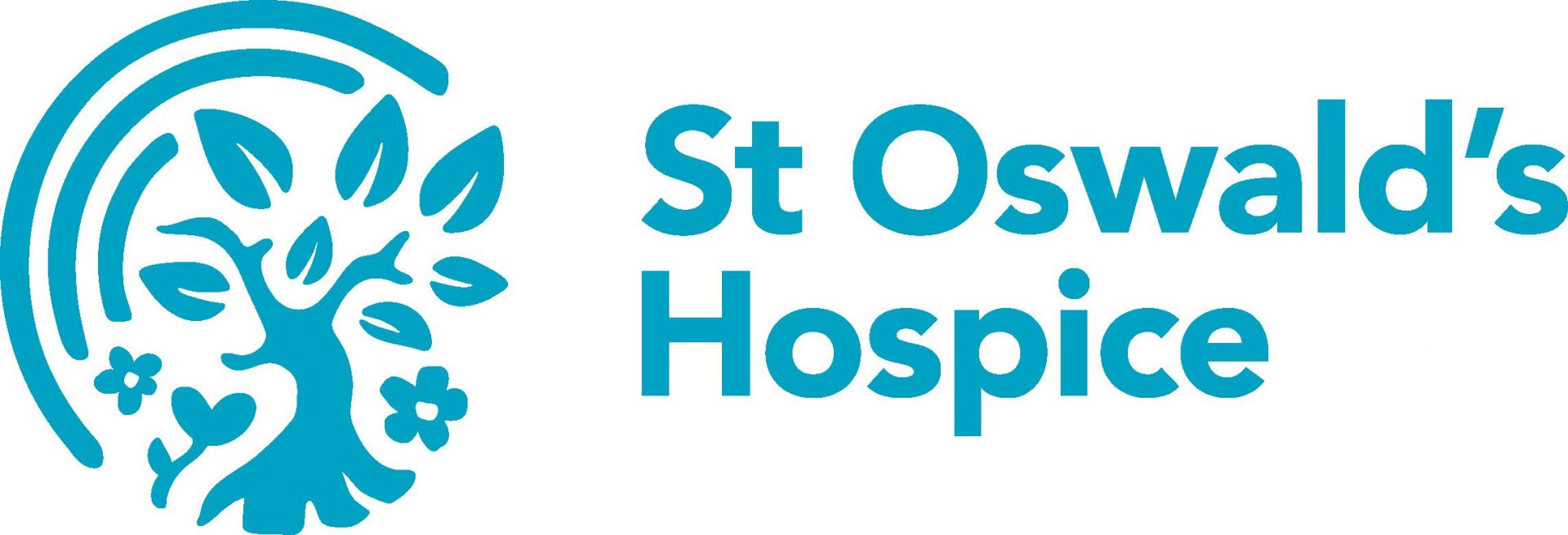Research project - Parent and Professional Experiences of 24/7 Paediatric End Of Life
Supporting the decision-making and provision of 24/7 paediatric palliative care in the North East and Yorkshire region
Children and young people (CYP) with life-limiting conditions are living longer with increasingly complex symptoms.
Providing good quality care and support, round the clock, across a range of services, is key to supporting CYP and families’ choice over place of care and symptom control.
In order to support the decision-making and provision of 24/7 paediatric palliative care in the North East and Yorkshire region, this study aims to develop recommendations and guidance for best practice to help the delivery of, and access to, 24/7 paediatric end of life care.
The service will be designed to meet the needs of both families receiving 24/7 end of life care and professionals and services delivering this care.
Project lead: Dr Julia Hacket, Research Fellow and Associate Professor in the Martin House Research Centre (MHRC), within the Department of Health Sciences at the University of York.
Local lead: Dr Joanna Elverson, Specialist Palliative Medicine Consultant at St Oswald’s Hospice.
Marie Curie
September 2022 – February 2025
The aim of the 36-month study is to develop a complex intervention to help the delivery of, and access to 24/7 paediatric end of life care in the North East and Yorkshire region. This will be achieved by assessing parent and professional experiences and needs, and patterns of care at end of life and outcomes in other regions where interventions have been developed.
This study will have 3 workstreams:
Workstream 1 will involve conducting focus groups with health professionals to find out what they think about the current provision of 24/7 paediatric end of life care, and their expectations and needs of a new service.
Workstream 2 will involve speaking to families to find out about their experiences of out of hours care. Interviews will be conducted with parents whose child has a life-limiting diagnosis and is receiving palliative care and parents whose child has died.
Workstream 3 will look at data that is already collected by the NHS to find out about differences across the region in A&E and emergency hospital admissions in the last 12 months of life and where children die, and in order to identify possible examples of good practice. A comparison of the region to other areas where 24/7 care services have been implemented will also be made.
The findings from the 3 workstreams will be integrated and used to develop an intervention and recommendations and guidance for best practice.
Researchers will engage with key stakeholders through two workshops, which will provide a forum for getting feedback to identify problems, implementing possible solutions, and assessing intervention acceptability, feasibility, and engagement with the overall objective of refining it.
Outputs will be shared with via key stakeholders, managed clinical networks, and parent-facing organisations.
